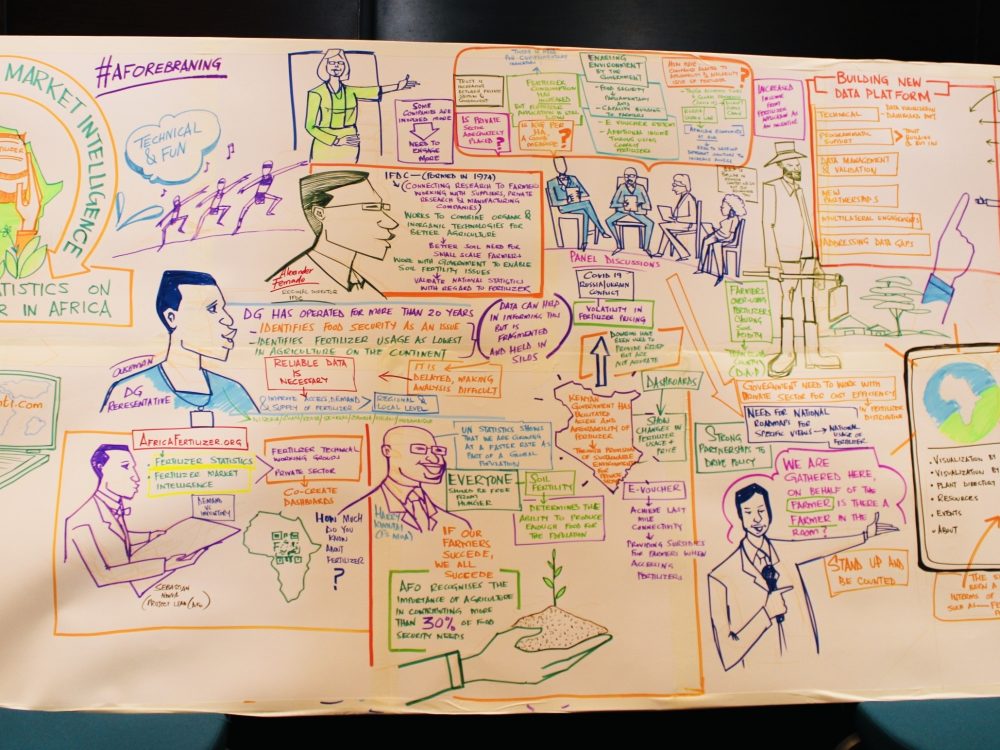Global Goals, Local Impact: IODC 2016
Next week, we will be at the International Open Data Conference in Madrid, where we look forward to discussing how global goals can translate to local impact — and hope to see you at the following sessions in particular:
Extractives Data Dive
Monday 3-4 October
We look forward to demonstrating the EITI Data Portal and learning more about country-level data visualization and transparency initiatives.
Open Contracting Progress, Challenges, and Innovation
Tuesday 4 October
As one of the leading implementers of open contracting, DG will present what we’ve been working on, as well as demonstrating the eProcurement Toolkit with our partners from the Public Procurement Agency of Vietnam. We’re excited to share our experiences implementing and innovating, and learn what others are doing.
Openness and National Statistical Offices: A Review of Available Tools and Methods
Wednesday 5 October
This session will support data and open data efforts, with an emphasis on supply and demand for technical, process, and political support amongst national statistical offices. We look forward to sharing how DG is approaching this from a technology and data use perspective.
Data and the SDGs
Thursday 6 October, 12:00-12:45
With increasing consensus around the Sustainable Development Goals (SDG) at the international level, how can we make these objectives matter in local contexts? This discussion will bring together government and NGO actors — representing statistical offices, media outreach, research, and GPSDD convener perspectives — to explore the steps needed to ensure the global goals address local, demonstrated needs.
Building Open Performance into the Fabric of Government
Thursday 6 October, 12:45-13:30
How do governments track and share performance data and how do we make these data useful and relevant? Government and NGO actors will discuss local-level and international uses of performance data, including making governments (and companies) more data-driven. We look forward to bringing perspectives and use cases from our RDI work, particularly while examining data use.
Open Agriculture Funding: Breaking Down Silos
Friday 7 October, 11:00-12:00
After a year of intensive consultation, the Initiative for Open Ag Funding has uncovered key barriers facing the agriculture and anti-hunger space, from a lack of published data, to poor quality data, to missing information. We look forward to sharing our findings from interviews with development partners, and workshopping next steps — with the ultimate goal of better data, and better data use.
Share This Post
Related from our library

Building a Sustainable Cashew Sector in West Africa Through Data and Collaboration
Cashew-IN project came to an end in August 2024 after four years of working with government agencies, producers, traders, processors, and development partners in the five implementing countries to co-create an online tool aimed to inform, support, promote, and strengthen Africa’s cashew industry. This blog outlines some of the key project highlights, including some of the challenges we faced, lessons learned, success stories, and identified opportunities for a more competitive cashew sector in West Africa.

Digital Transformation for Public Value: Development Gateway’s Insights from Agriculture & Open Contracting
In today’s fast-evolving world, governments and public organizations are under more pressure than ever before to deliver efficient, transparent services that align with public expectations. In this blog, we delve into the key concepts behind digital transformation and how it can enhance public value by promoting transparency, informing policy, and supporting evidence-based decision-making.

From Data Gaps to Impact: Key Insights from the VIFAA Program
Over the last six years, DG, together with its partners AfricaFertilizer (AFO) and Wallace & Associates, collaborated to implement the Visualizing Insights on Fertilizer for African Agriculture (VIFAA) Program. In the program’s final year (2024), the team undertook a “program learning process” to reflect on outcomes, challenges, and successes through internal interviews. This blog captures five key learnings, which we hope will guide similar programs aiming to bridge data gaps in agricultural development.